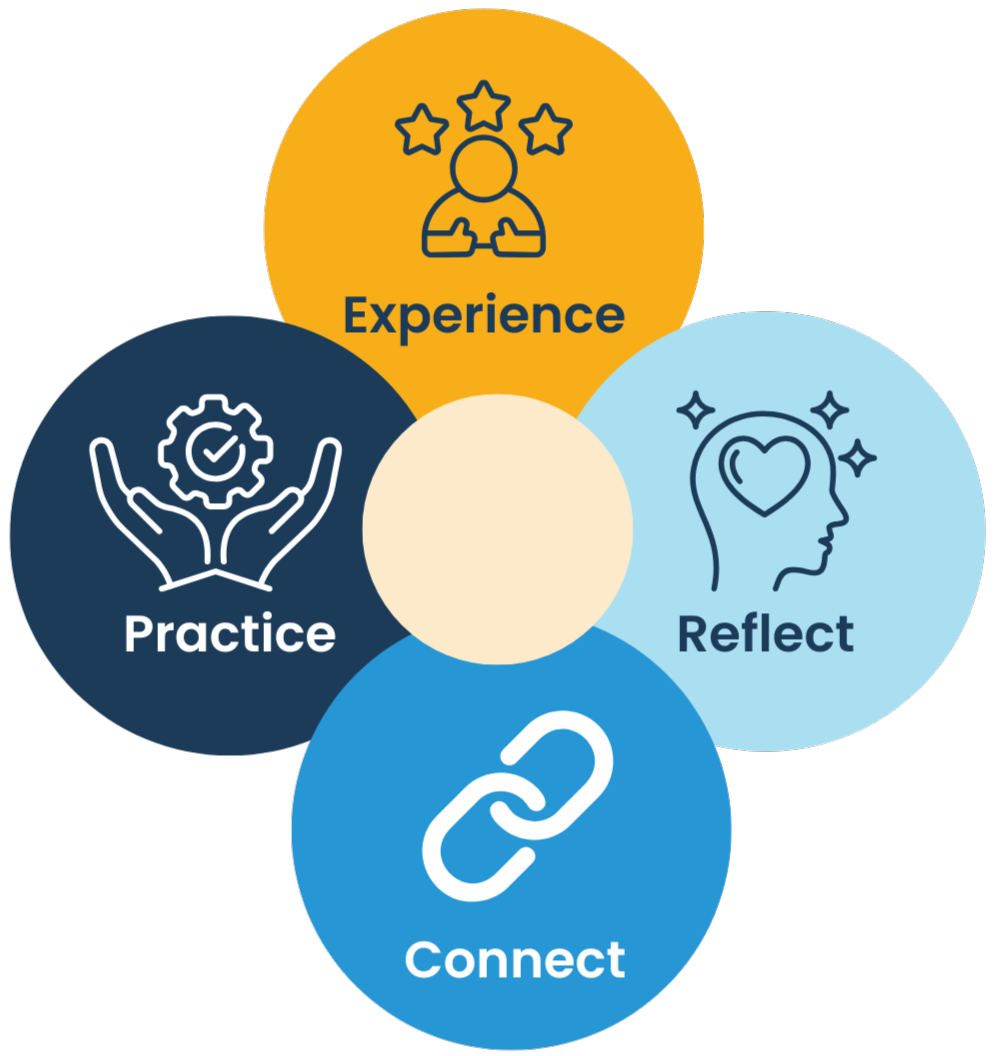Navigating Difficult Conversations to Achieve Win-Win Results

Difficult conversations are inevitable at work, whether giving feedback, saying no, addressing underperformance, or resolving tension. Avoiding them only leads to greater misunderstandings and mistrust.
This training equips participants with practical tools to navigate challenging conversations with clarity, confidence, and care, transforming tension into productive dialogue and stronger relationships.
Through frameworks like Radical Candor, empathic listening, and neuroscience-based communication tools, participants will learn how to manage emotions, maintain trust, and achieve mutually beneficial outcomes.
Program Highlights
- Understanding Difficult Conversations: Identify common workplace situations that trigger tension and discomfort, such as conflict, feedback, or change discussions.
- Root Causes and Emotional Triggers: Explore emotional, psychological, and cultural factors that make conversations difficult, including fear, defensiveness, and power dynamics.
- Radical Candor Framework: Balance care and challenge by practicing the Care Personally and Challenge Directly principles to communicate with honesty and empathy.
- Practical Communication Tools: Apply the 7-38-55 rule, paraphrasing, and active listening to improve understanding and reduce miscommunication.
- Neuroscience of Communication: Learn how emotional regulation and empathy influence decision-making and build psychological safety in conversations.
Objectives
- Recognize situations that commonly lead to difficult conversations
- Understand emotional and psychological factors behind communication breakdowns
- Prepare effectively using structured communication and emotional regulation techniques
- Apply the Radical Candor mindset to balance empathy and directness
- Use practical tools to navigate challenging conversations toward win-win results
After This Course, You Will be Able to:

Navigating Difficult Conversations with Care
Handle sensitive and high-stakes conversations with confidence and empathy

Speaking the Truth with Heart
Apply the Radical Candor framework to give honest feedback without damaging relationships

Tools to Listen, Respond, and Connect Better
Use practical communication tools like paraphrasing and emotional regulation
Your Learning Journey

Experience
Engage directly in the service journey to understand real interactions, communication flow, and how issues are handled, providing insight into what works well and what can be improved.
Reflect
Reflect on past service experiences to identify successes, challenges, and areas for improvement in delivering exceptional service.
Connect
Explore the importance of building meaningful connections with clients and stakeholders, and understand how trust and collaboration contribute to service excellence.
Practice
Engage in interactive exercises and role-playing scenarios to apply learned techniques, enhance customer service skills, and drive positive outcomes in service delivery.